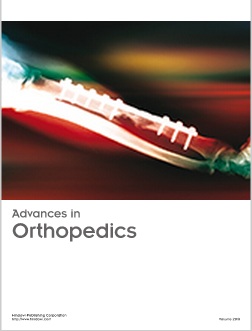
ARTHROPLASTY
TKR: Periarticular injection of 0.25% bupivacaine reduces morphine consumption
Adv Orthop. 2012;2012:107309. doi: 10.1155/2012/107309. Epub 2012 Oct 2260 osteoarthritis patients undergoing total knee arthroplasty (TKA) were randomized to receive a periarticular injection of bupivacaine or saline prior to closure of the wound. Over the first 6 hours after surgery, patients in the bupivacaine group consumed significantly less morphine than the saline group. However, this difference was not significant between 6 and 96 hours after the operation. The two groups also did not differ in the occurrence of wound complications, pain, morphine side effects, and length of stay at the hospital over 96 hours.
Unlock the full ACE Report
You have access to {0} free articles per month.Click below to unlock and view this {1}
Unlock NowCritical appraisals of the latest, high-impact randomized controlled trials and systematic reviews in orthopaedics
Access to OrthoEvidence podcast content, including collaborations with the Journal of Bone and Joint Surgery, interviews with internationally recognized surgeons, and roundtable discussions on orthopaedic news and topics
Subscription to The Pulse, a twice-weekly evidence-based newsletter designed to help you make better clinical decisions
Exclusive access to original content articles, including in-house systematic reviews, and articles on health research methods and hot orthopaedic topics
Or upgrade today and gain access to all OrthoEvidence content for just $1.99 per week.
Already have an account? Log in


Subscribe to "The Pulse"
Evidence-Based Orthopaedics direct to your inbox.
{0} of {1} free articles
Become an OrthoEvidence Premium Member. Expand your perspective with high-quality evidence.
Upgrade Now












































































